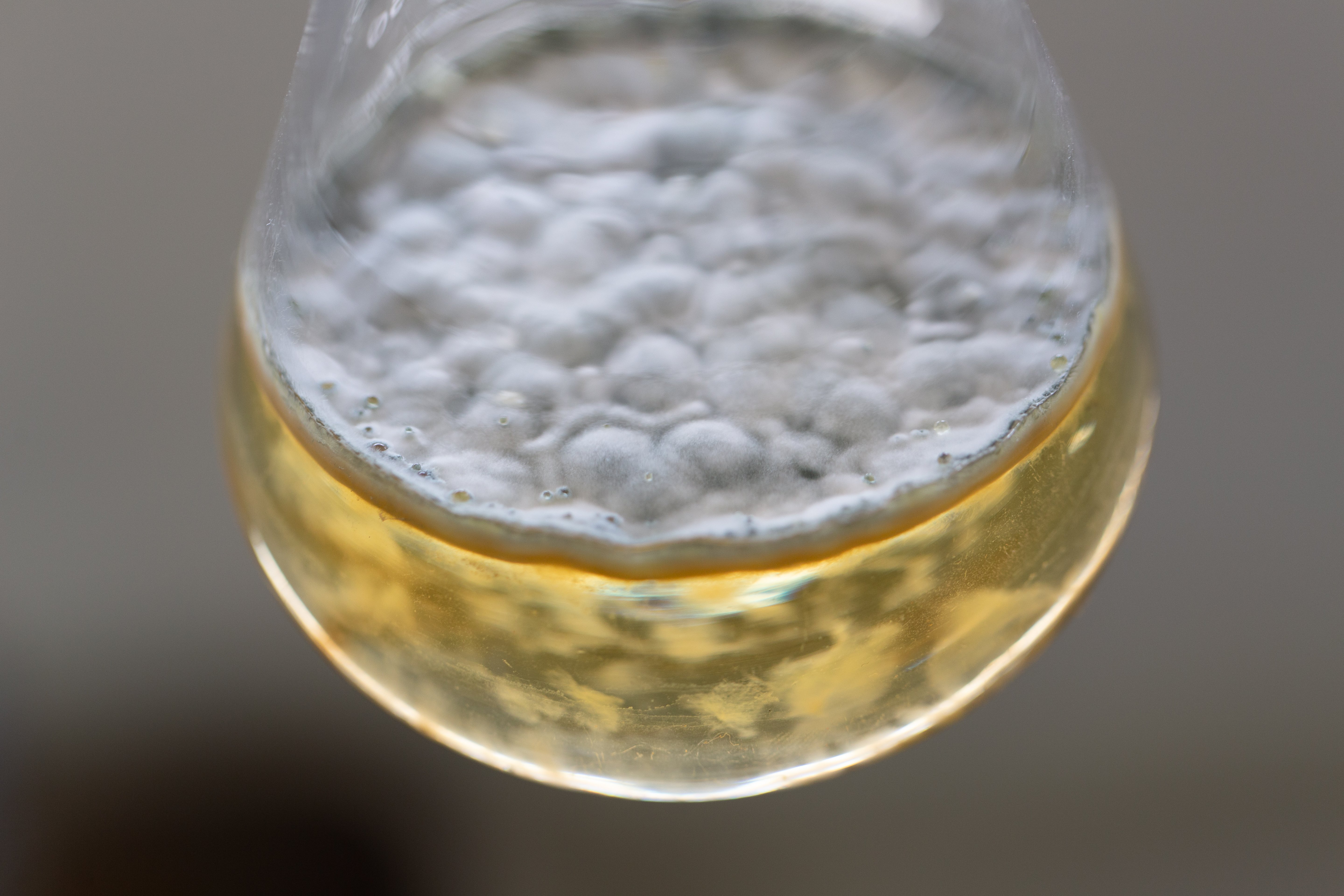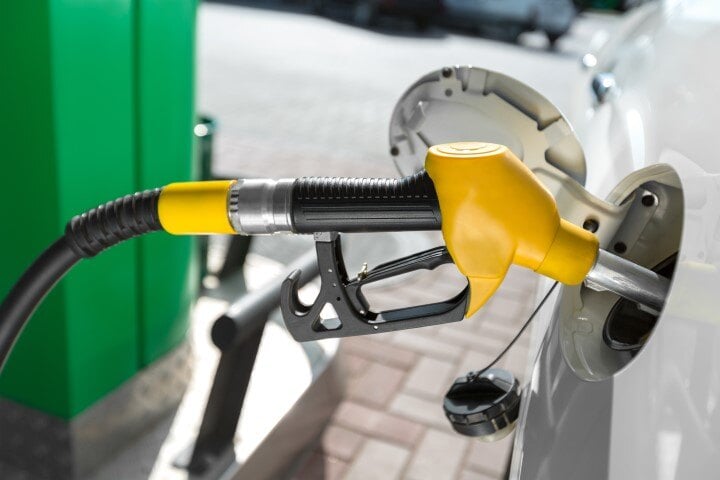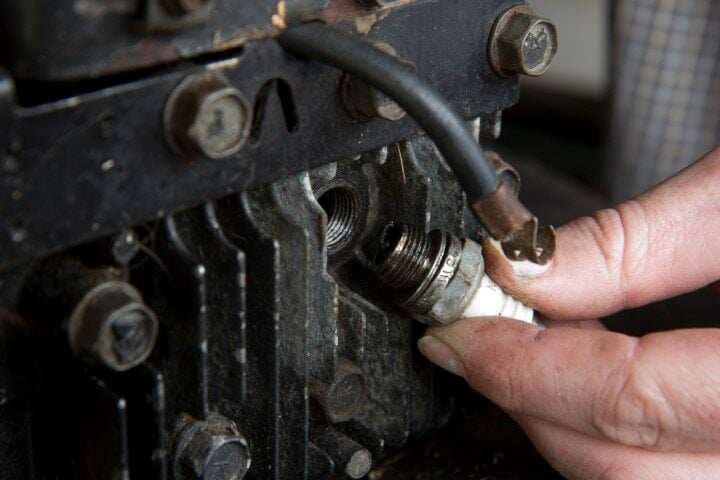Ethanol Free Fuel - Another Warning MTBE and Ethanol
Spring is getting ready to start on March 21st and it won't be long after that we will start breaking out the boats and the spring/summer equipment....
2 min read
Erik Bjornstad : Apr 9 2013
What's the best gas for small engines? Are there different kinds of gasoline recommended for small engine use? Sadly (depending on how you look at it), the answer to the second question is no. There's no special kind of gas that's best suited for small engines. They run on the same kind of gas you're going to put into your car, truck, or boat. But just because they run on the same fuel does not mean they don't have issues when it comes to the fuel you put in them.
So since this is the case, what becomes the focus here? Let's talk about some recommendations on how to ensure the gas you buy for your small equipment makes it run its best.
In the absence of any other mitigating factors, it's always better to start your small equipment on fresh fuel. Fresh fuel will lose parts of its blend that are more volatile and that makes your equipment hard to start. Not to mention that fresh gas has a head start on preventing varnish and gum formation in the fuel. If you have old gas, you can dump it in the car's gas tank.
Small engines have low compression ratios, meaning they won't likely benefit from anything special in the gas like a higher octane rating. Some premium fuels may actually make your equipment harder to start. So save your money and use regular gas.
One result of the E10/E15 ethanol disaster for small engines is the emergence of cans of ethanol-free gasoline marketed toward small equipment owners. These so-called "boutique fuels" can be upwards of $5-8 per quart, which is over $20-30 per gallon. That even makes living in Europe sound cheap (where they pay $9 a gallon for diesel fuel). What's in these special fuels? Turns out, they're as likely as not to contain anything extra. Of course, by that, we also mean it contains no ethanol, and it might come already blended with 2-cycle oil if you buy that kind of fuel.
Gas station owners will recommend that if you're filling a gas can for use with your lawnmower or equipment, top your car off first. This flushes out any remnants of possible high-octane gas that your car will find more beneficial than your mower will. Next, add an ethanol-specific fuel stabilizer if you're going to be leaving fuel in there for more than a complete week.

Spring is getting ready to start on March 21st and it won't be long after that we will start breaking out the boats and the spring/summer equipment....

The Clean Air Act of 1992 was a major step taken by Congress to change behavior in order to better the environment. One of the results of this and...

It's now four or five years on from the widespread infiltration of E10 into our fuel supply across the country. Now we're at the point where we're...